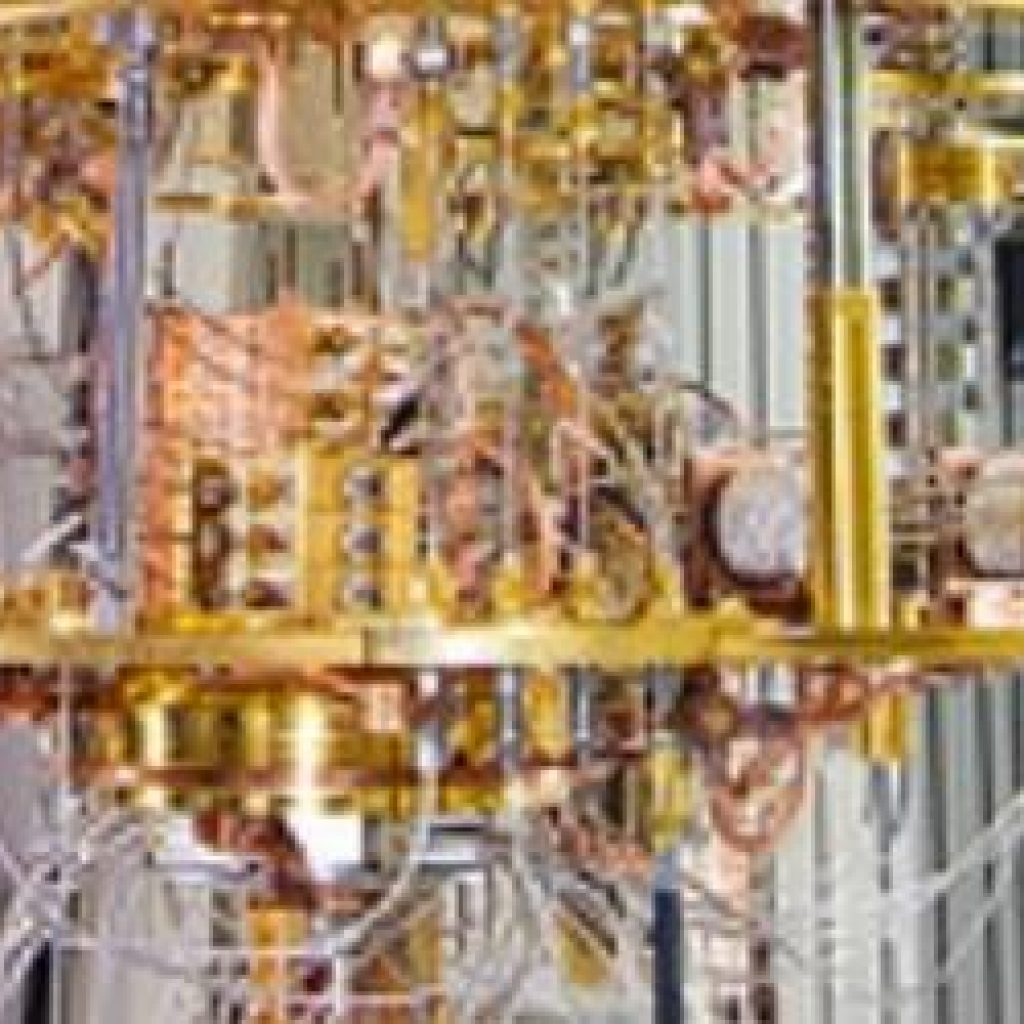(AIP.org) The National Science Foundation and Department of Energy announced funding for dozens of new research centers, with awards ranging from around $10 million to more than $100 million spanning over four to six years over the summer. The agencies fund such efforts to build up multi-institutional collaborations and support specialized research infrastructure that is not feasible under smaller, single-investigator grants.
Some of the centers are the first to be launched through new programs dedicated to quantum information science (QIS) and artificial intelligence, reflecting congressional and Trump administration research priorities. Both NSF and DOE also made new awards under existing center programs focused on physics, engineering, materials research, and energy innovation.
The National Quantum Initiative Act of 2018 requires NSF and DOE to each fund up to five QIS research centers. In July, NSF announced it will evenly divide $75 million over five years among its first three centers, called Quantum Leap Challenge Institutes, which together will support partnerships between 16 core academic institutions, 22 companies, and eight national labs:
The Quantum Systems through Entangled Science and Engineering Institute led by the University of Colorado Boulder will design and build high-precision quantum sensors that can probe a variety of fundamental physical phenomena.
The Institute for Hybrid Quantum Architectures and Networks led by the University of Illinois at Urbana-Champaign will build testbeds to evaluate the functionality of networks of small quantum devices.
The Institute for Present and Future Quantum Computing led by the University of California, Berkeley will develop algorithms for large-scale quantum computers.
NSF is currently soliciting proposals for additional centers.
NSF and DOE Support Research Priorities With Spate of New Center Awards Ranging from $10M to $100M
